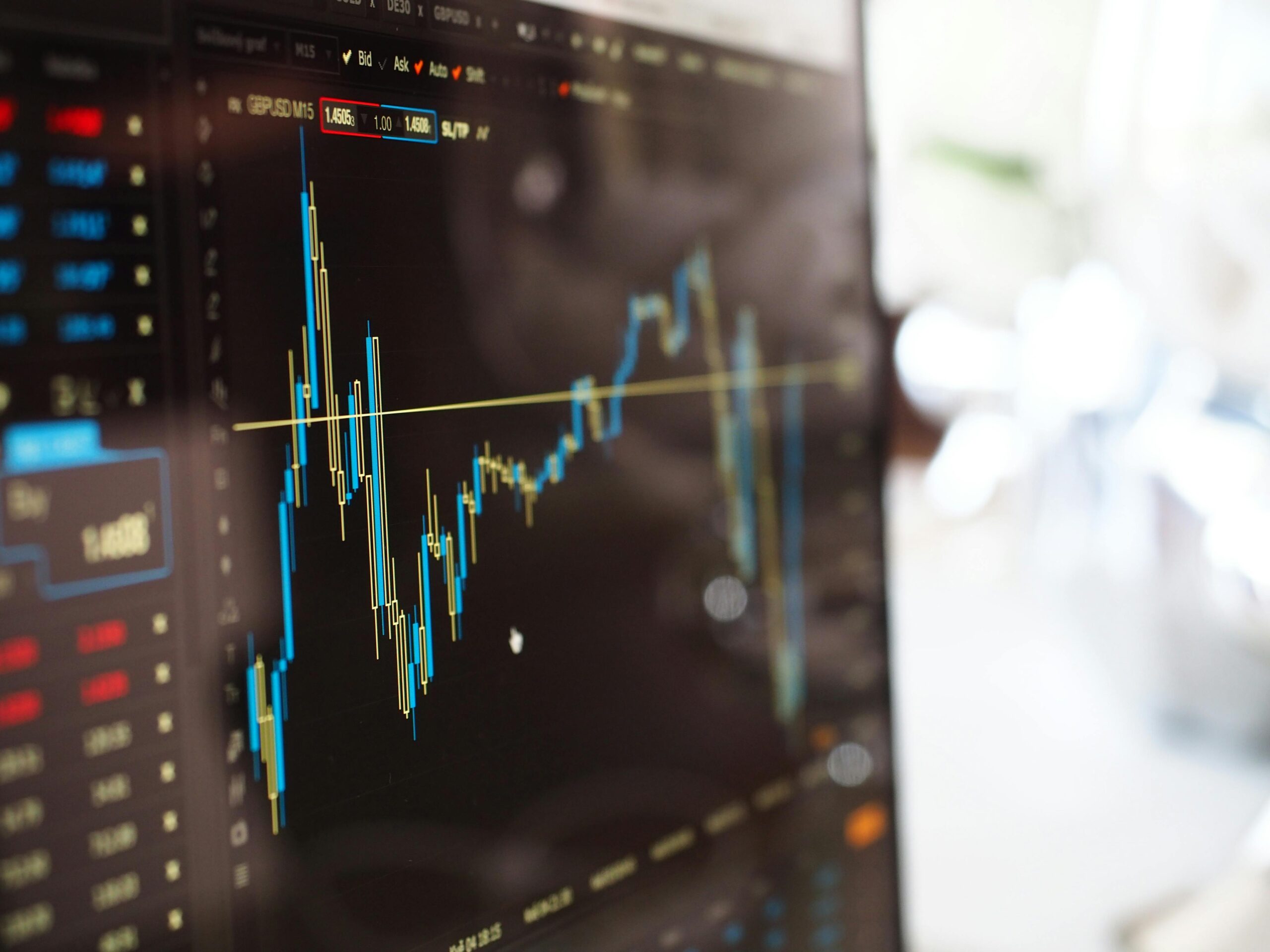Recent developments involving China Investment Corporation (CIC) have sent ripples through the financial markets, particularly impacting KKR & Co. Inc. CIC, China’s $1.3 trillion sovereign wealth fund, made a surprising move by abruptly halting its planned $1 billion sale of U.S. private equity fund stakes. This unexpected reversal, likely influenced by evolving geopolitical dynamics, resulted in a significant surge for KKR’s stock, highlighting a renewed vote of confidence in U.S. markets.
The Plot Twist: CIC’s Billion-Dollar U-Turn
Earlier this year, China Investment Corporation (CIC) was quietly preparing to offload approximately $1 billion in U.S. fund stakes. The targeted assets included positions in prominent private equity firms such as KKR, Carlyle, and TPG. The initial intention behind this move was to reduce exposure to U.S. alternative assets, a strategy often employed in response to ongoing geopolitical tensions and broader macroeconomic uncertainties. Evercore was entrusted to facilitate the transaction, and anticipation grew within private equity circles. The prospect of acquiring high-quality fund interests at a potential discount generated significant buzz.
However, just as the deal appeared to be nearing completion, CIC dramatically reversed course. Prospective buyers and fund managers were informed that the assets were no longer available for sale. This abrupt change caught the market completely off guard. Sources suggest that a recent period of thawing relations between the U.S. and China—including diplomatic efforts behind the scenes and indications from Washington regarding potential easing of restrictions on technology—played a significant role in the decision. CIC, apparently wary of appearing to retreat too quickly from the U.S. market, opted to maintain its current holdings, at least for the time being.
The Market Reaction: KKR Rockets Higher
The news of CIC’s sudden change of plans triggered an immediate and noticeable reaction in the financial markets. KKR’s stock price surged by nearly 5% on the day of the announcement, significantly outperforming its competitors. With the immediate pressure of a large block sale removed, KKR’s shares were allowed to more accurately reflect their underlying fundamentals. This was further buoyed by a sense of renewed stability and strengthened confidence in the overall health and prospects of U.S. assets.
The Bigger Picture: KKR’s Strategic Momentum
KKR’s recent positive performance isn’s solely attributable to CIC’s reversal. The firm has been experiencing a period of strong growth and positive developments. A particularly noteworthy event was its recent inclusion in the S&P 500, which has drawn increased attention and investment from both passive and active fund managers. Institutional buying has been steadily increasing—active fund managers, in particular, increased their KKR holdings by a substantial 18% during the second quarter of 2025. This robust buying trend is driven by KKR’s strong performance, particularly in sectors undergoing significant transformations such as energy transition and technological innovation. KKR’s focus on private markets offers compelling net returns, currently at 11.6%, which considerably exceeds the projected 5.9% annual return of the S&P 500.
A Strategic Shift: KKR’s Focus on Collateral-Based Assets
Strategically, KKR is actively shifting its focus toward collateral-based assets. These assets include crucial infrastructure projects, real estate holdings, and asset-backed finance initiatives. This strategic pivot provides a degree of inflation protection and ensures a stable and predictable stream of cash flows. Furthermore, KKR is adeptly capitalizing on emerging global trends, including significant corporate buybacks in Japan, the rapidly expanding renewable energy sector, and the ongoing process of “reshoring” U.S. manufacturing supply chains, which aims to bring production back to the United States.
The Institutional Vote of Confidence
CIC’s decision to retain its U.S. private equity stakes represents more than just a tactical pause in the sale process; it serves as a signal that prominent global institutional investors continue to recognize the long-term value and potential of the American market, despite the frequent headlines concerning geopolitical tensions. For KKR, this translates into fewer headwinds stemming from forced selling and greater flexibility to effectively execute its carefully planned growth strategy. This also signifies a strong foundation for continued success and growth.
The Takeaway: A New Chapter for KKR
The convergence of CIC’s billion-dollar U-turn, KKR’s inclusion in the S&P 500, and the strong and consistent support from institutional investors has ushered in a promising new era of growth for KKR. The firm is now widely recognized as a mainstream powerhouse, boasting a well-diversified portfolio designed to withstand market volatility and consistently deliver attractive long-term returns. For investors seeking stable and potentially lucrative opportunities, the message is clear: KKR’s strategic momentum is demonstrably real, and the catalysts for continued upward performance remain firmly in place.




Leave a Reply
You must be logged in to post a comment.